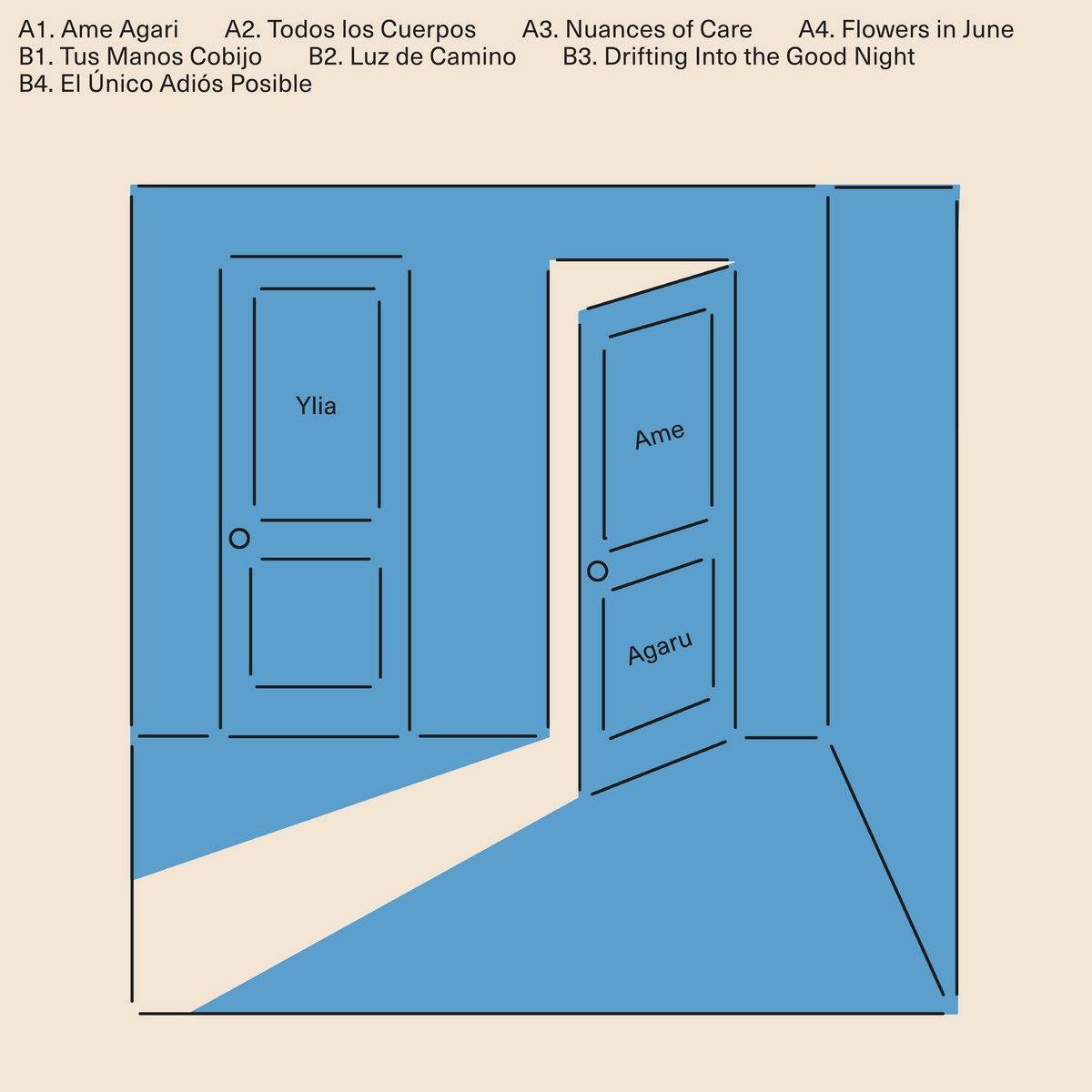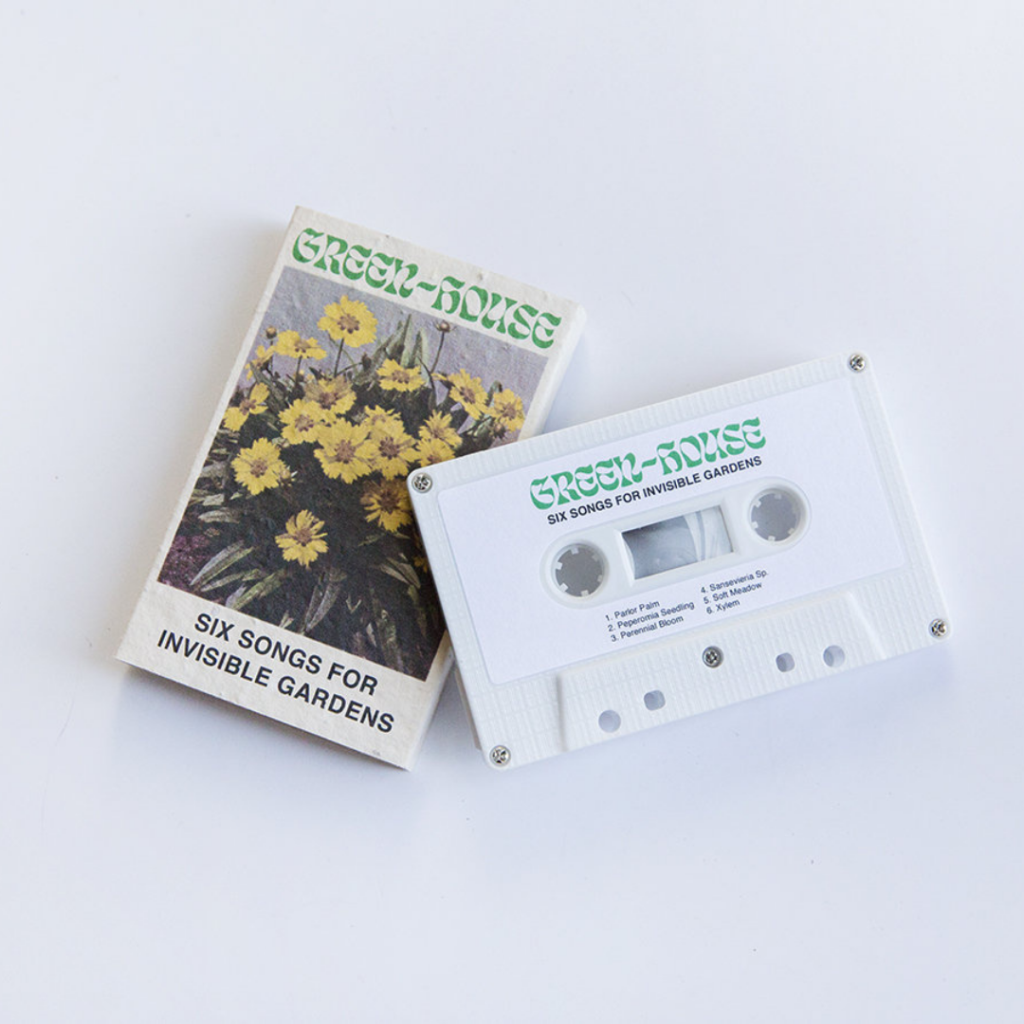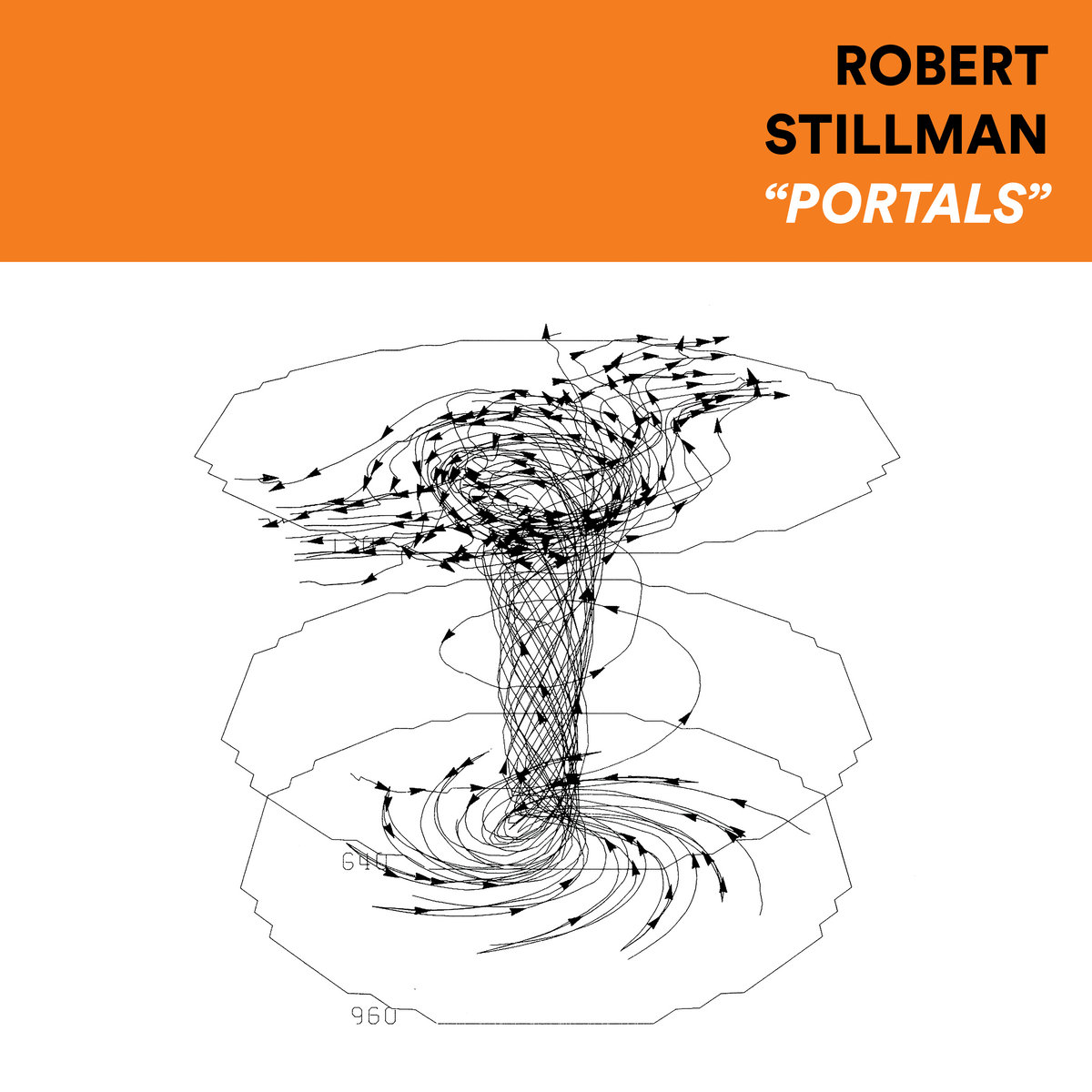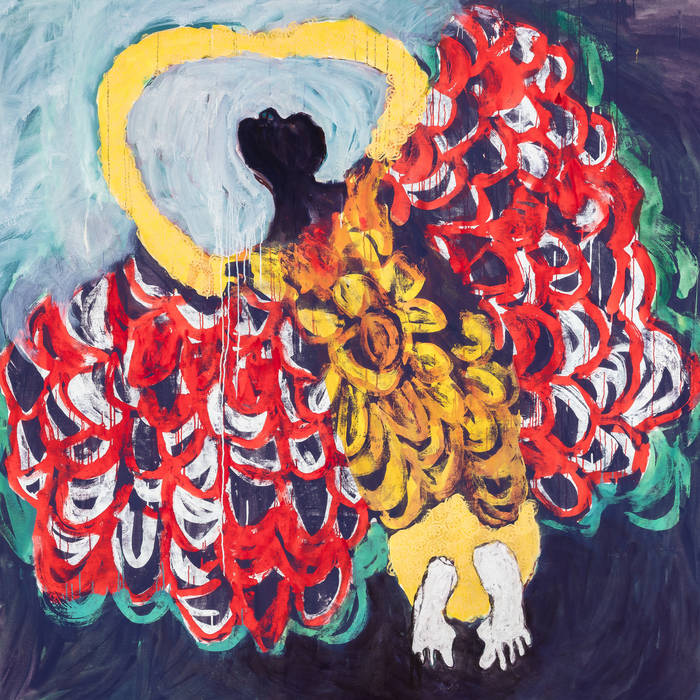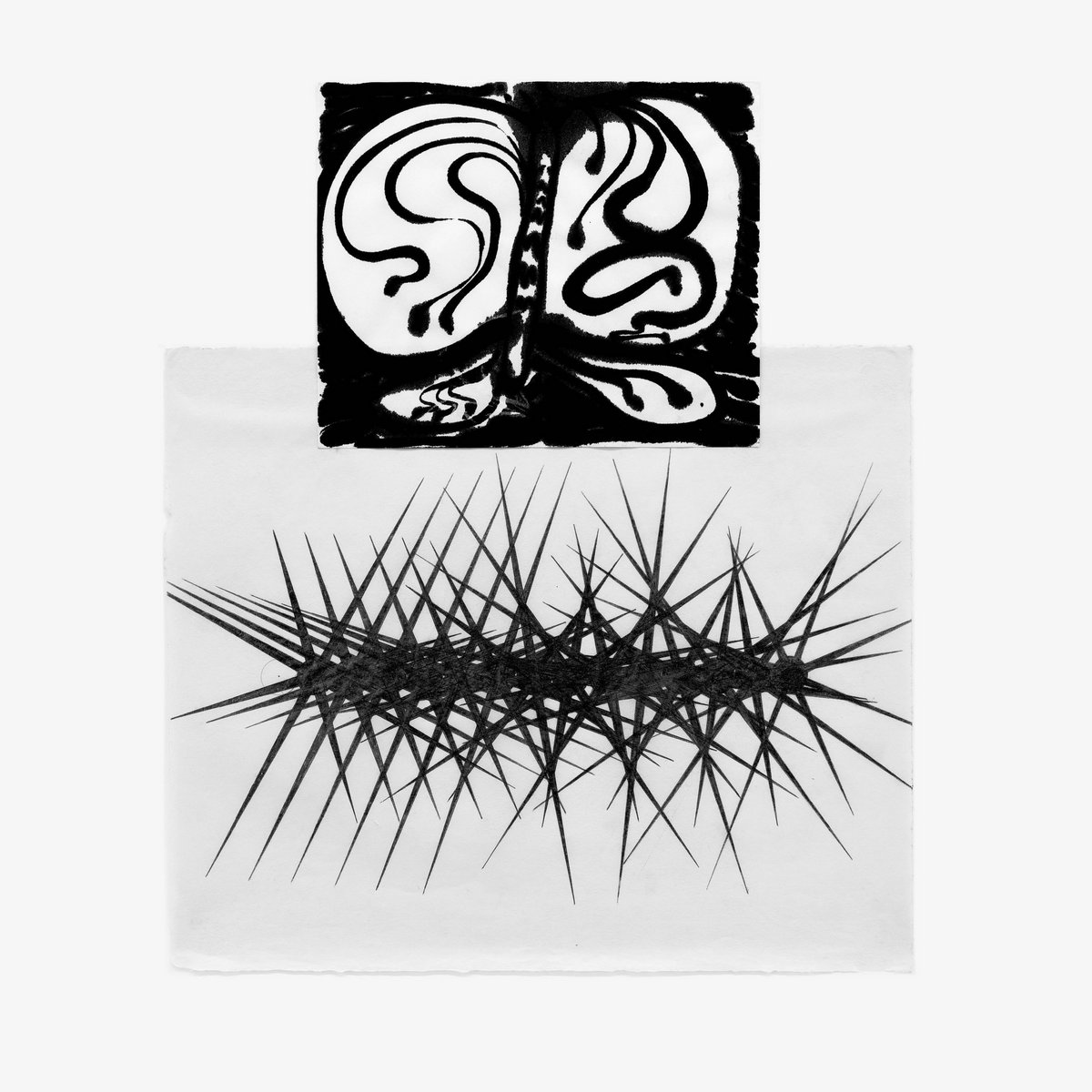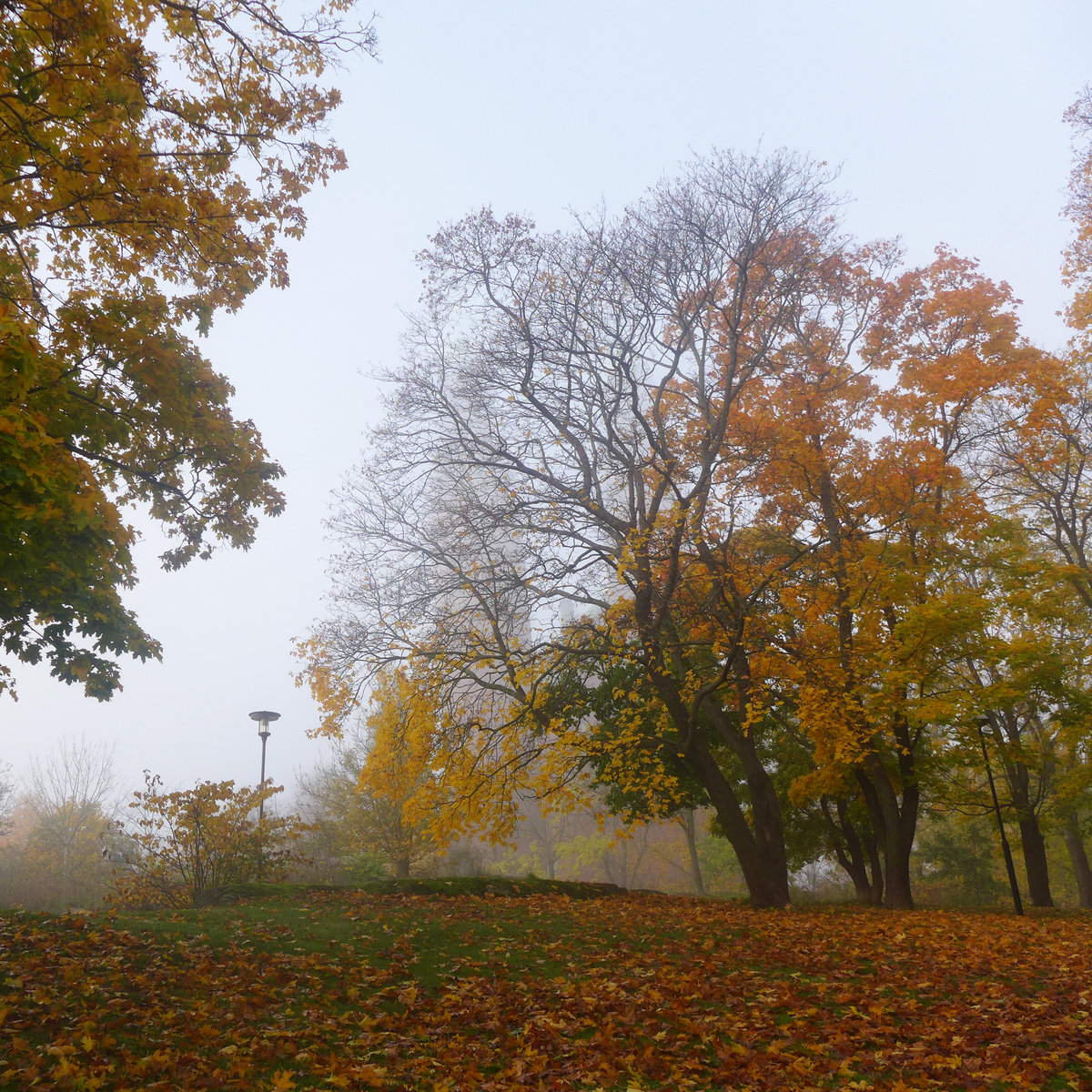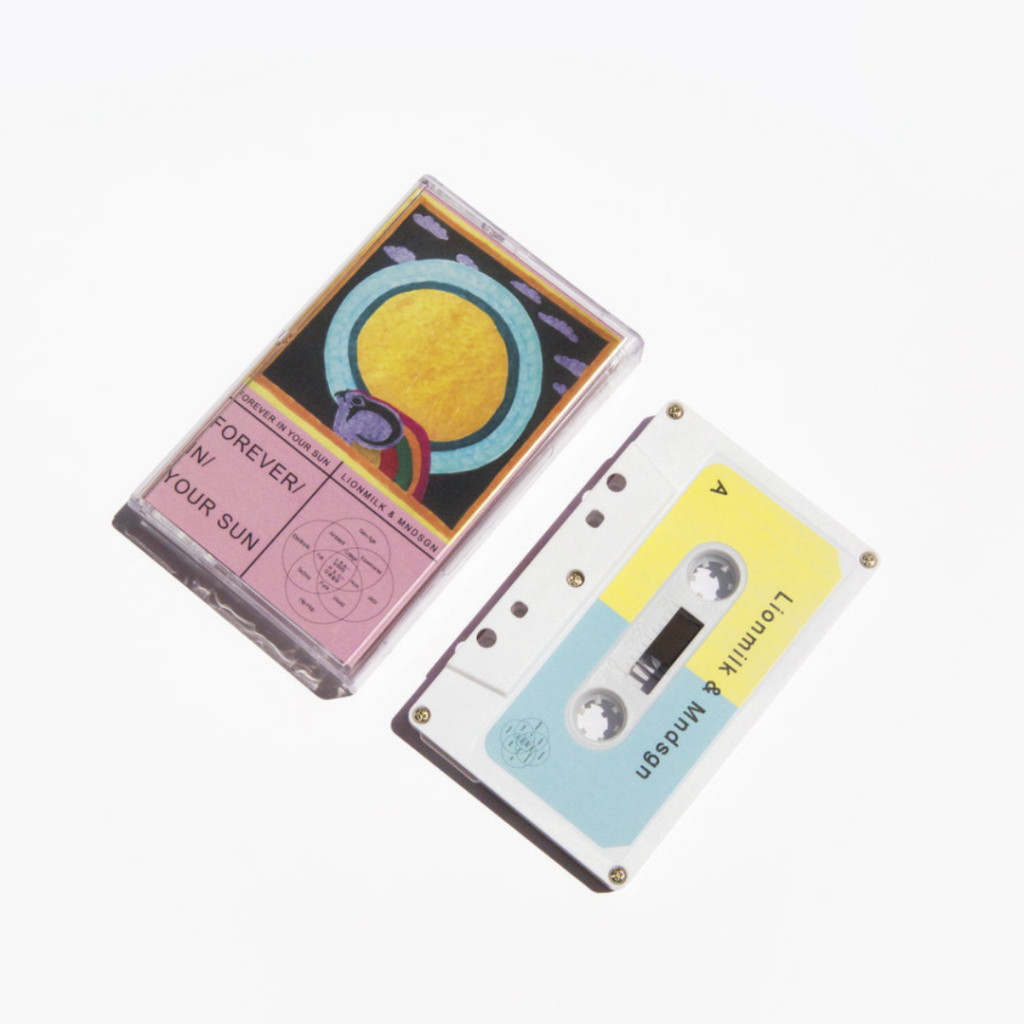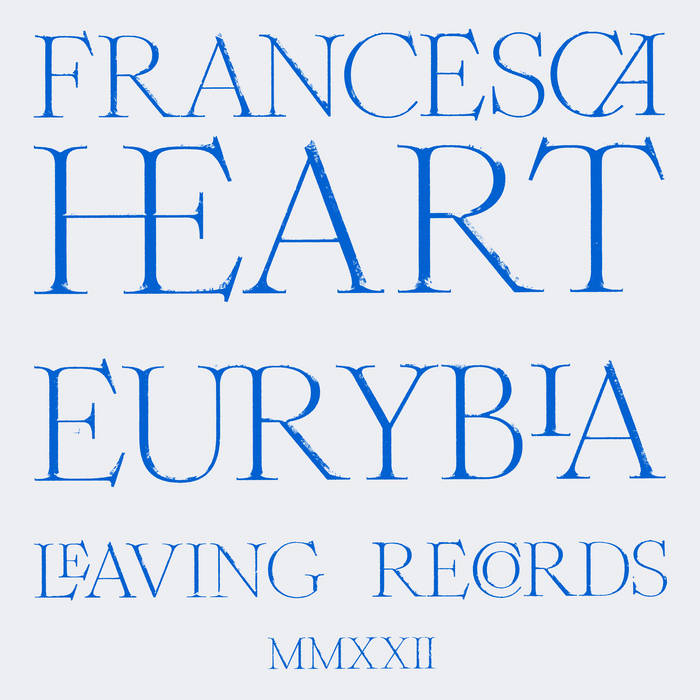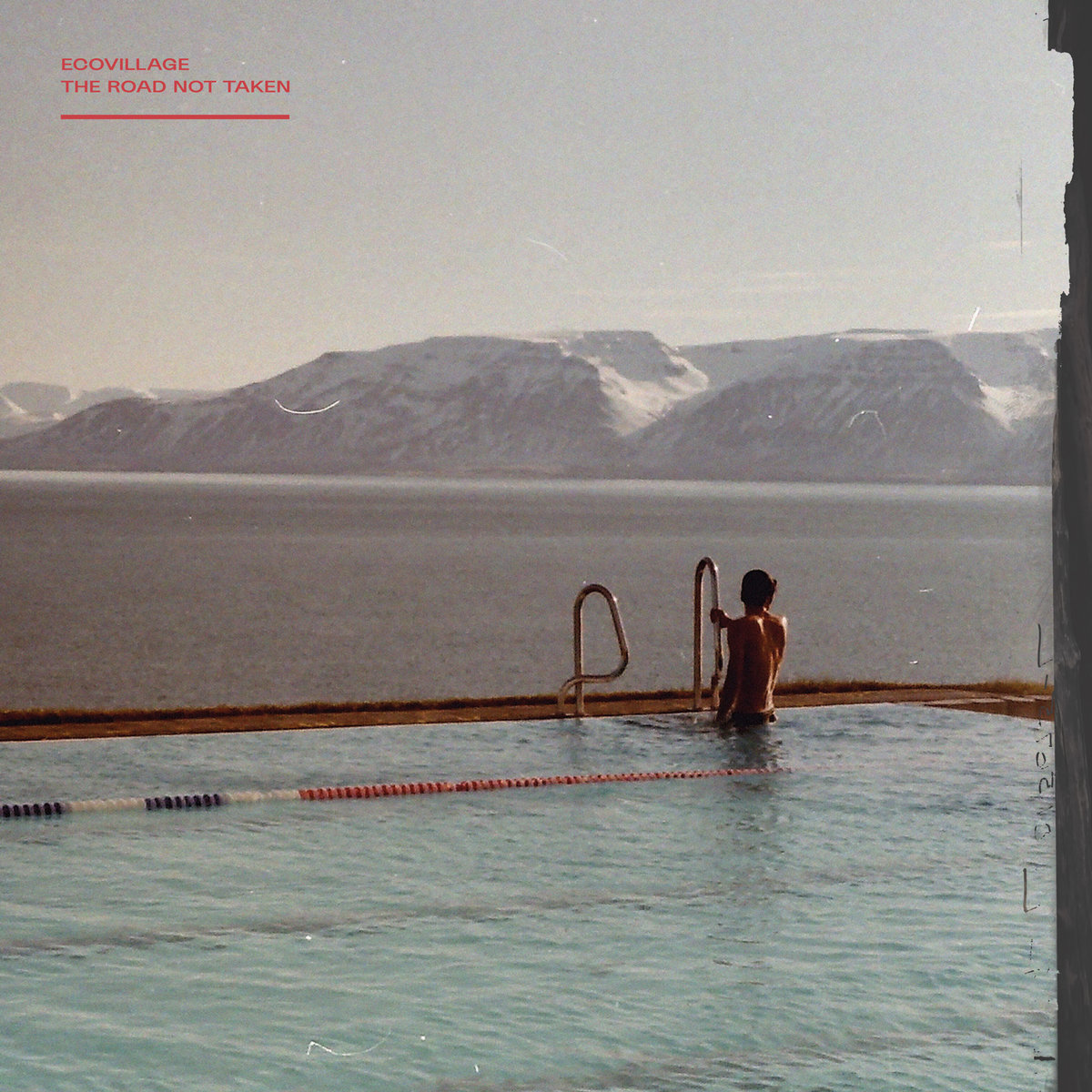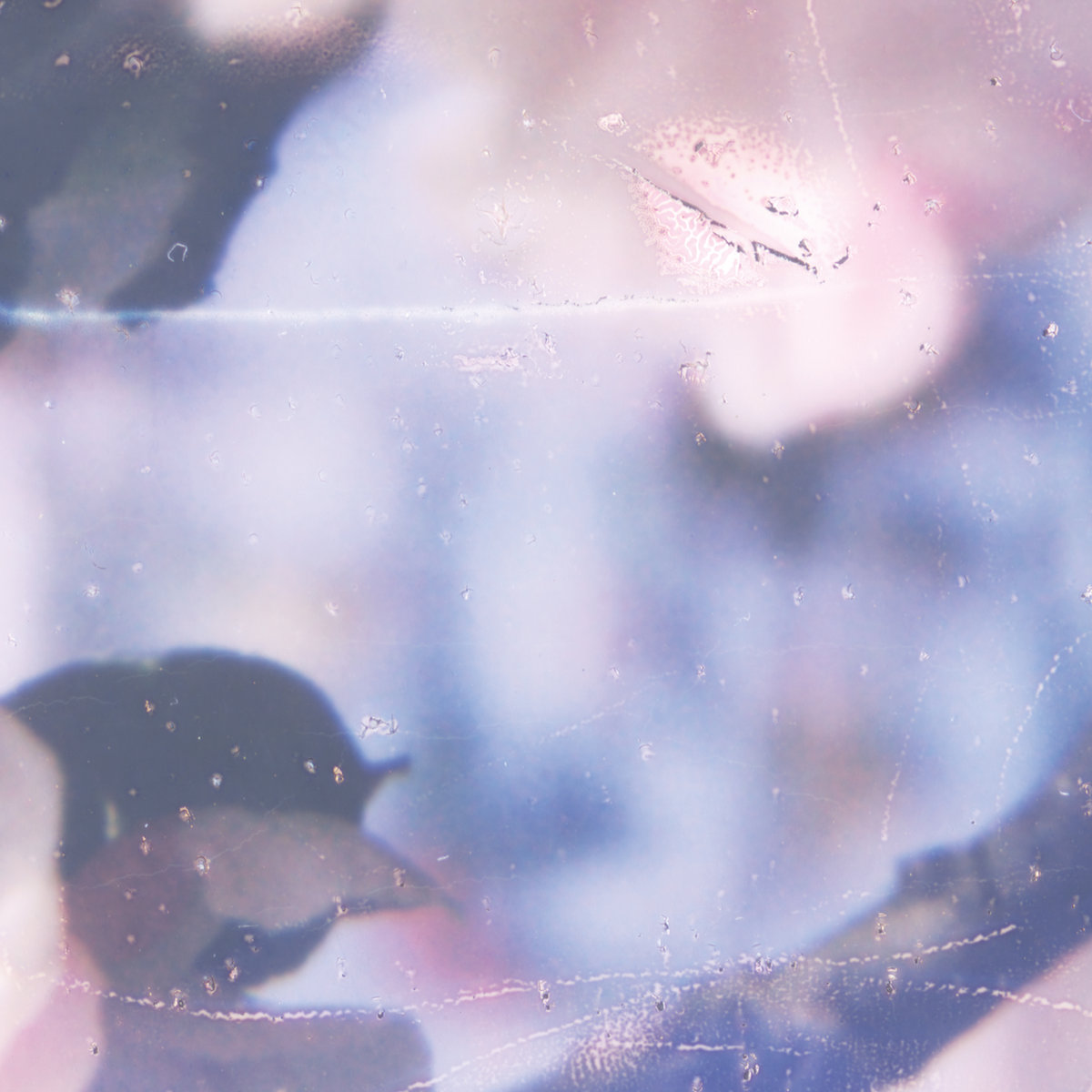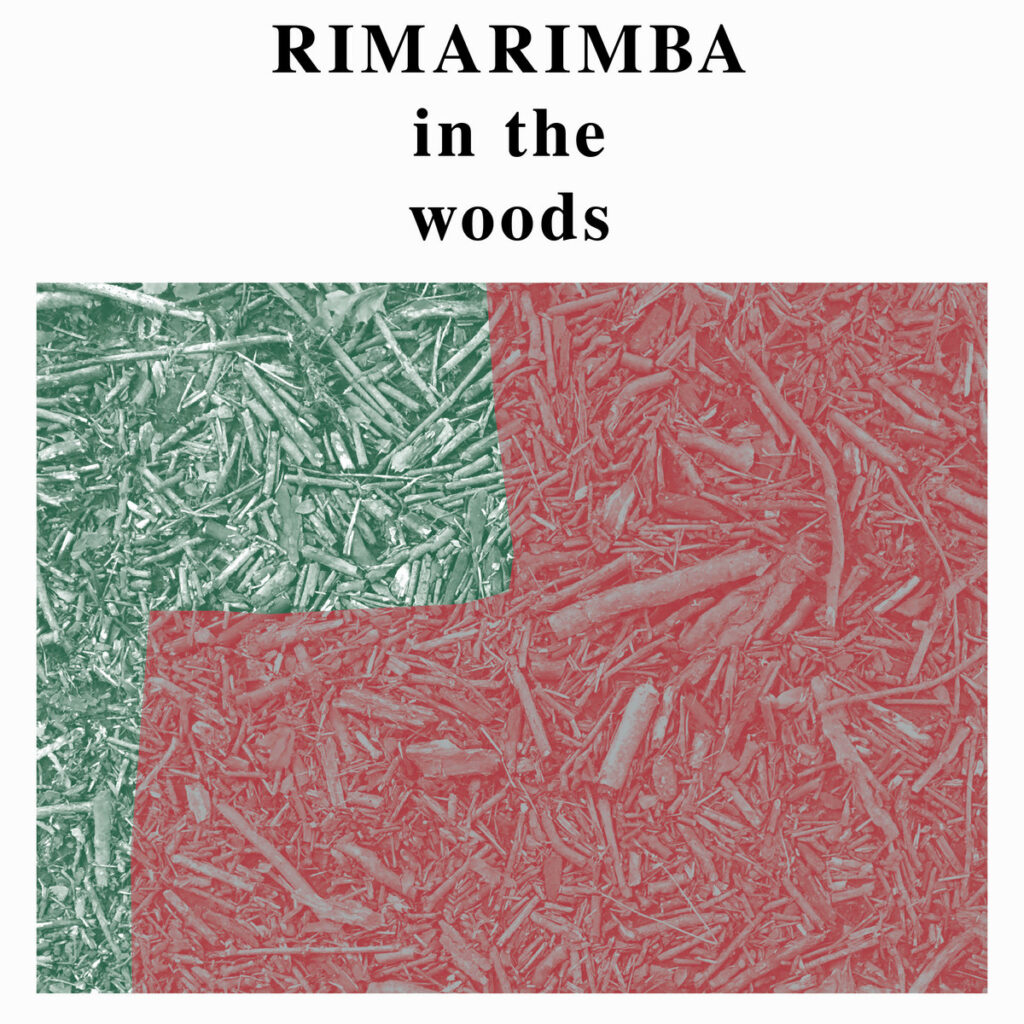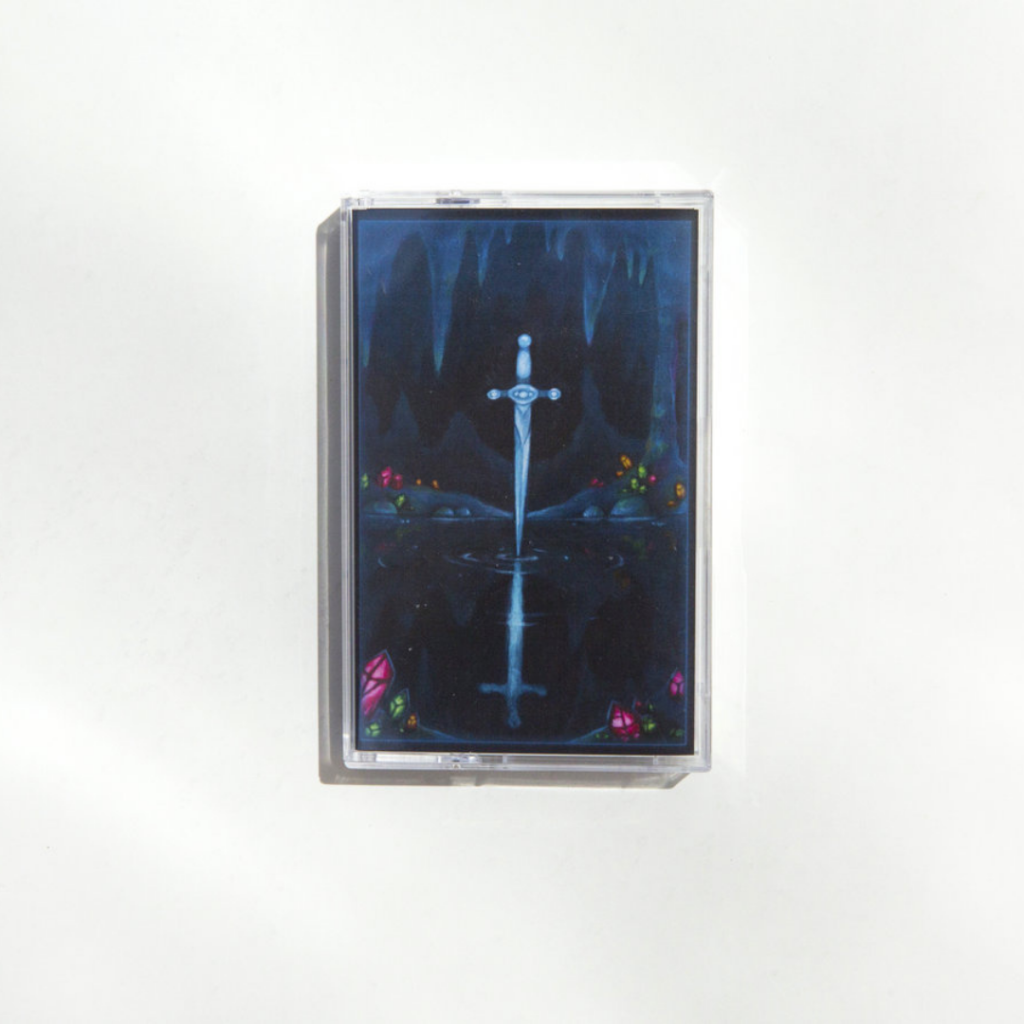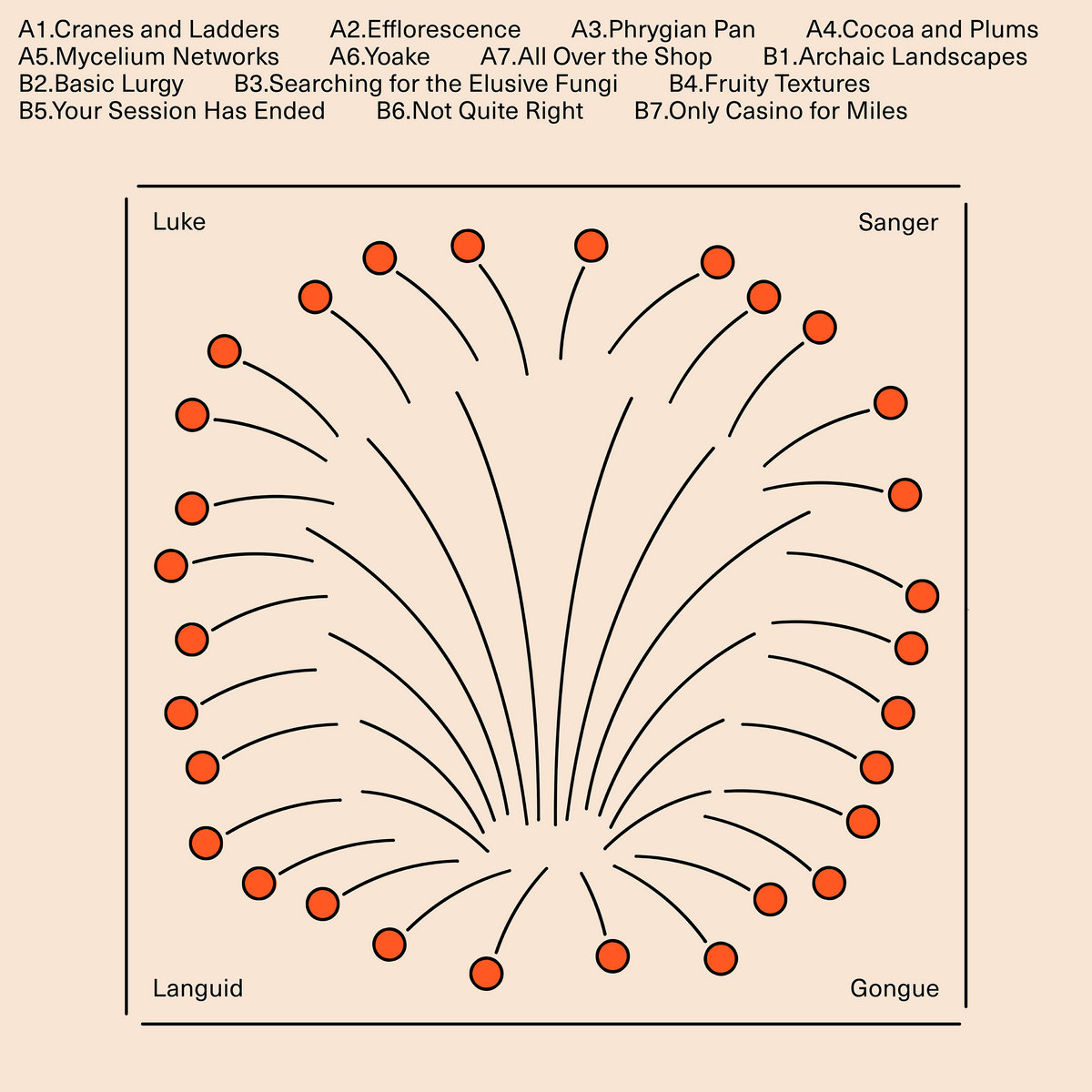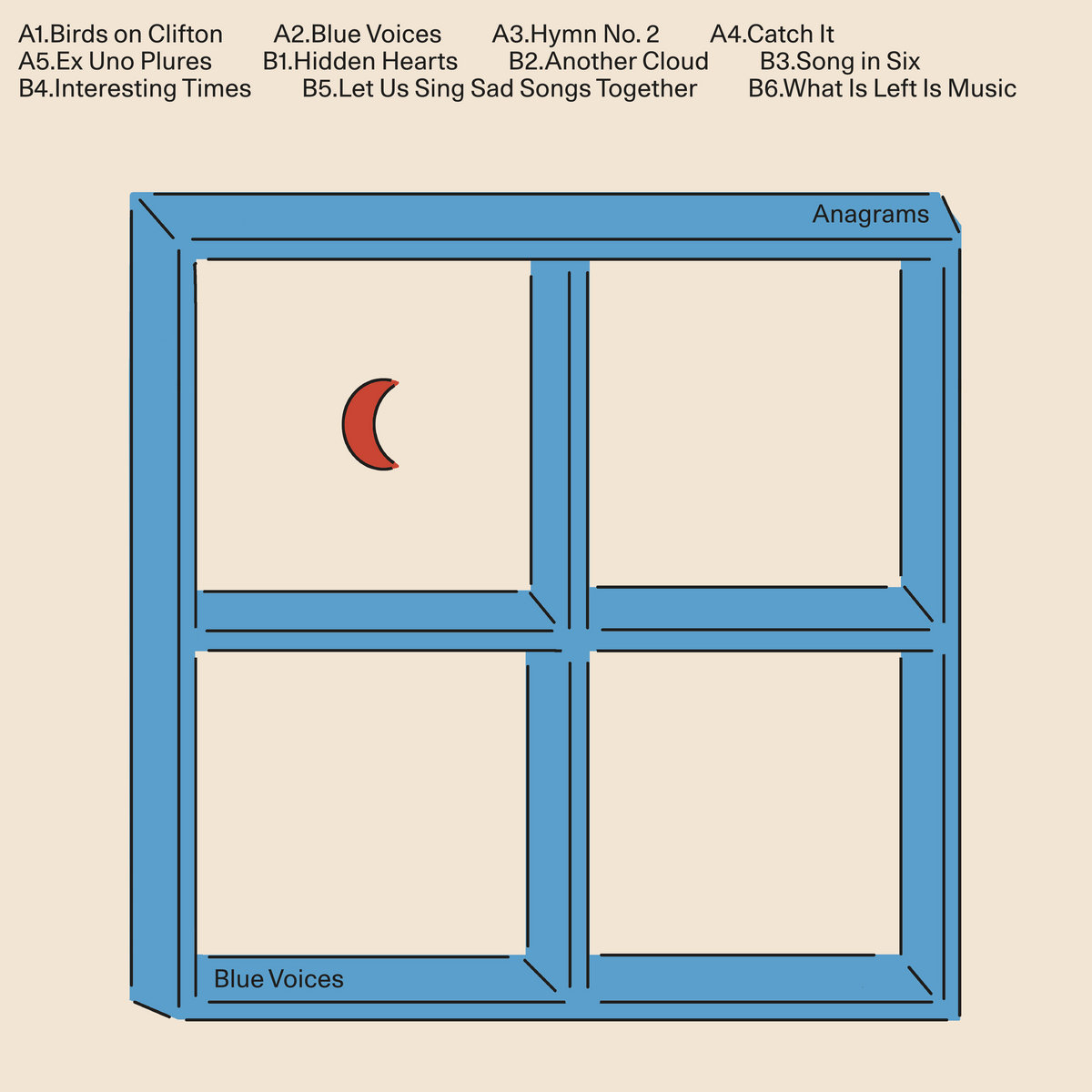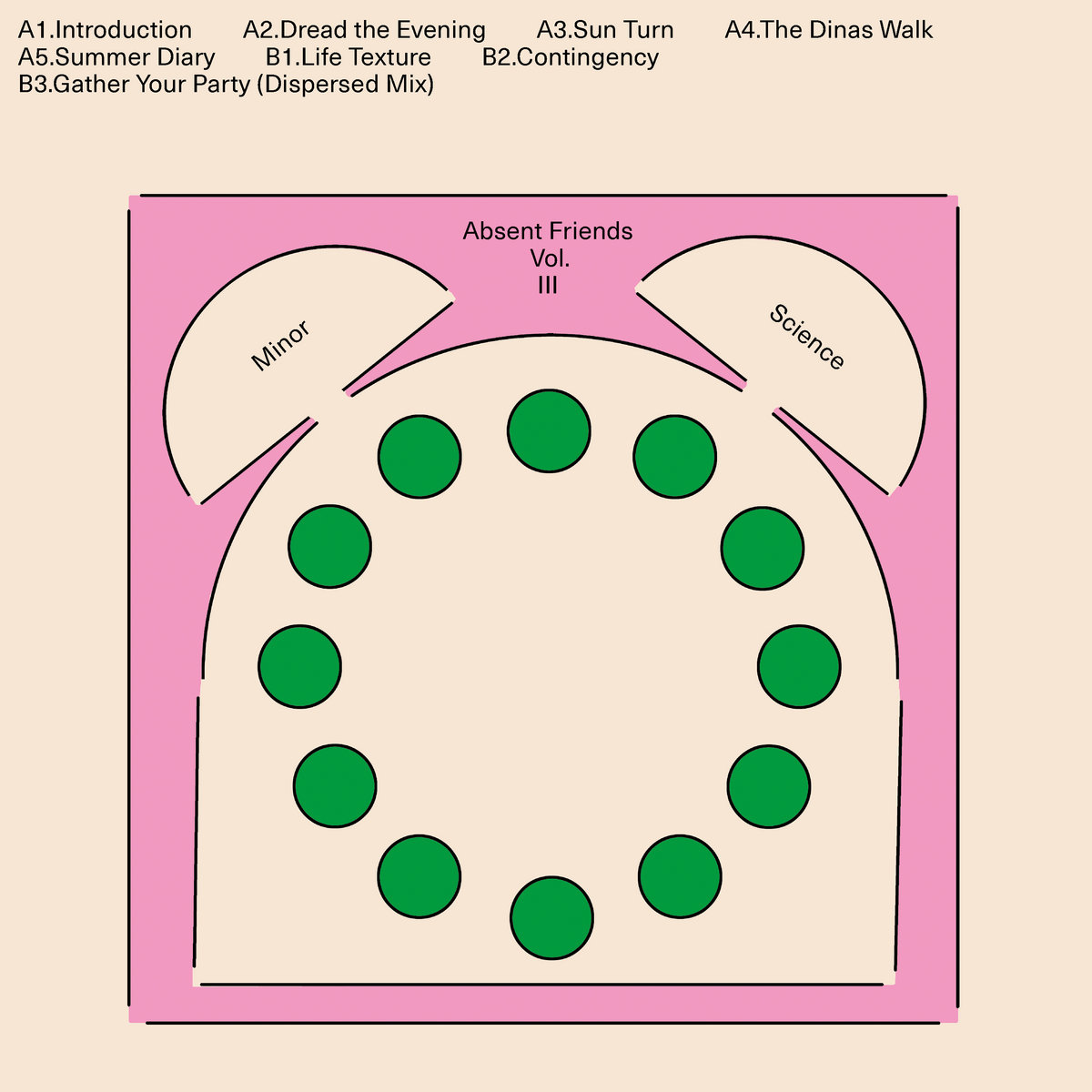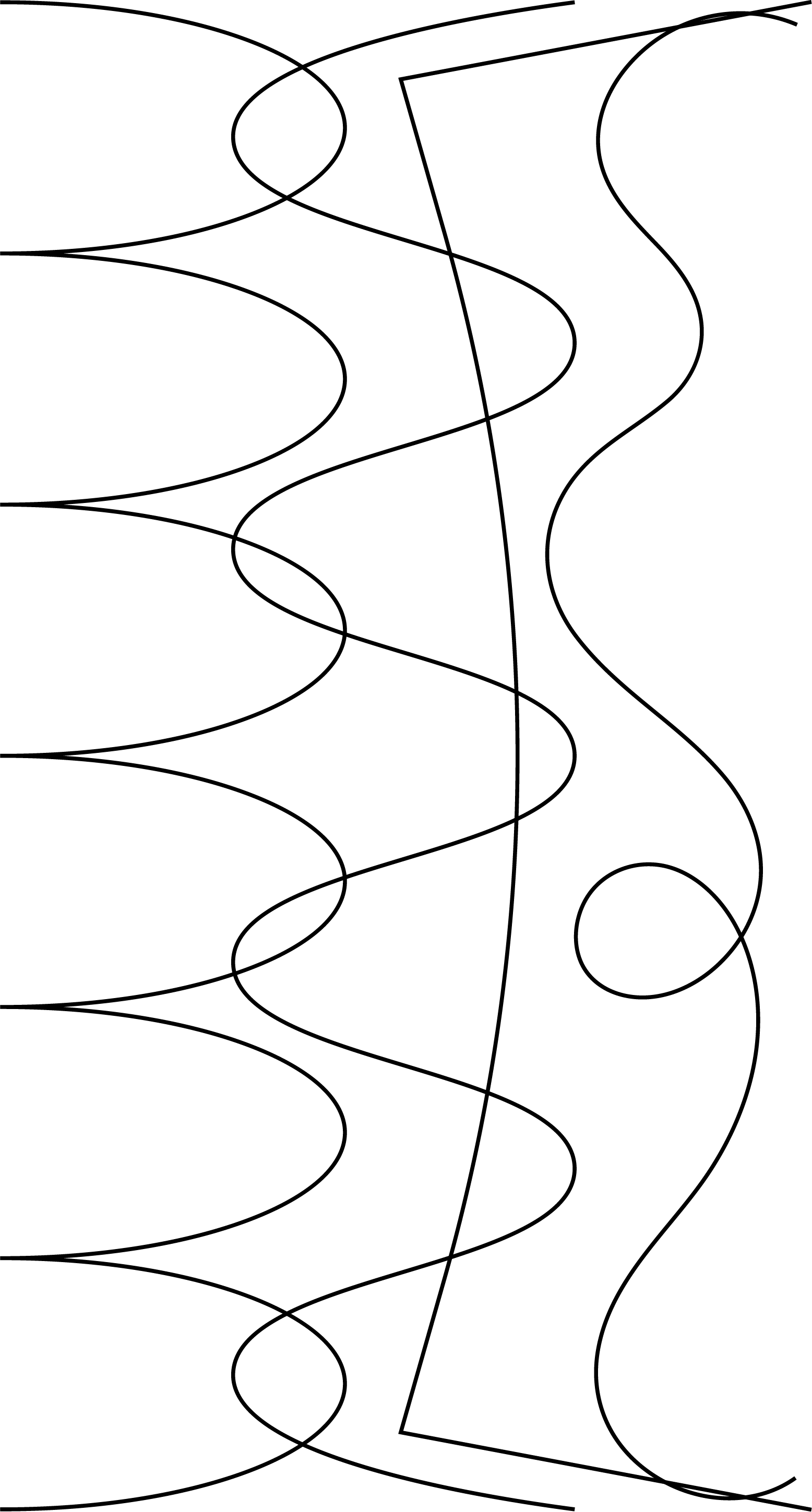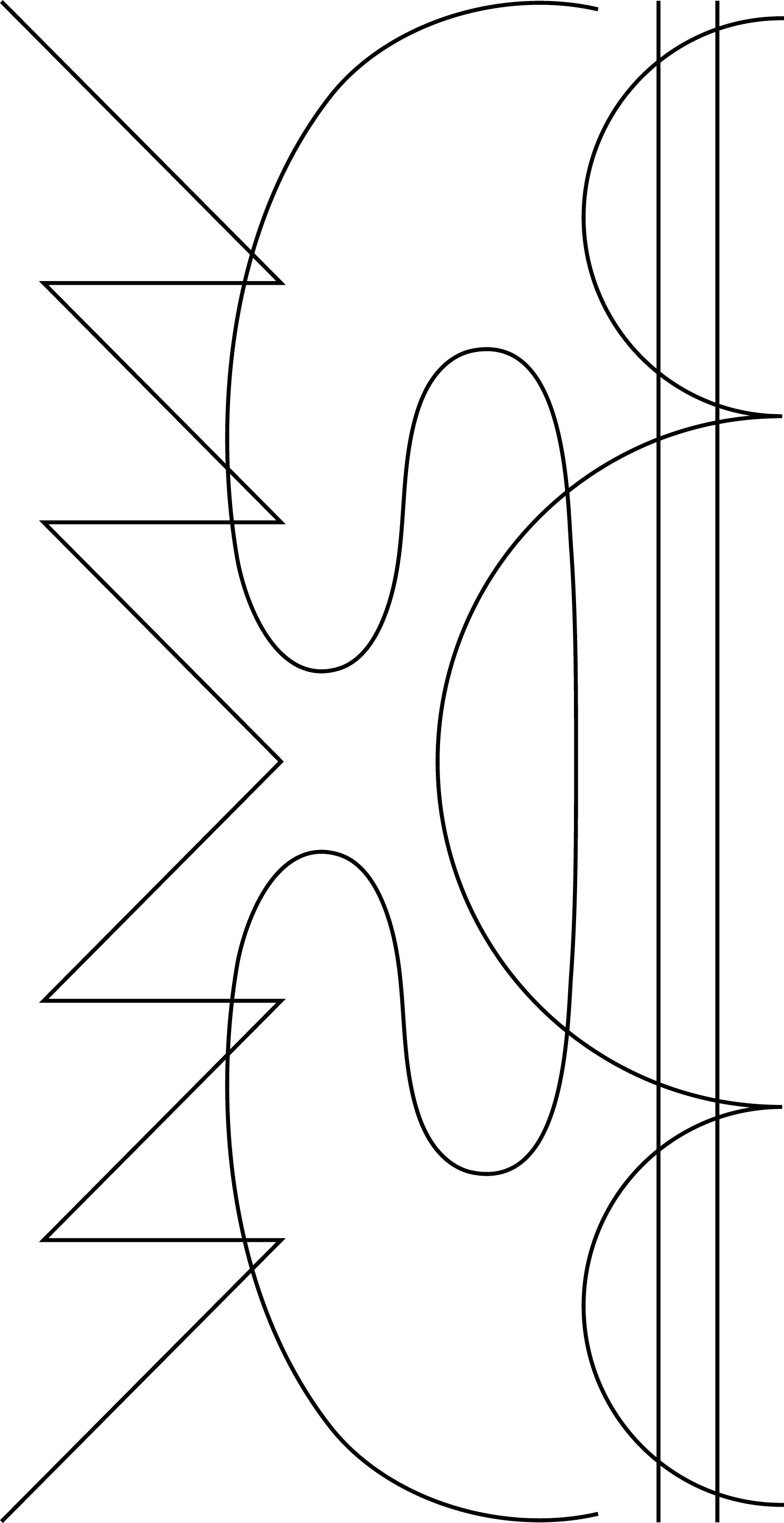why we love this
Crisp, drawn-out whispers that echo through a mountain forest at night. There’s a sense of earthly serenity interwoven with the expanse of midnight’s inky sky.
about the record
Where Dulce Rendición was exploratory and faintly cosmic, Ame Agaru—a Japanese phrase meaning, roughly, “the rain lifts”— captures a melancholy sense of stillness. And where her debut was largely electronic, on the new album, Ylia has folded in a number of acoustic elements, even when they are not recognizable as such. Her partner, Alejandro Lévar, lends fingerpicked acoustic guitar to the glowing dronescapes of “Todos los Cuerpos”; multi-instrumentalist and bandleader Tete Leal adds flutes, clarinet, and soprano saxophone to “Ame Agari”—or “after the rain”—which opens the album with a moment of contemplative calm, the kind that follows an extended deluge.
One track, the dub techno-influenced “Flowers in June,” grew out of Ylia’s live sets, but the rest are the fruit of improvisational sessions at home in Málaga, five minutes from the beach—jamming and then refining, searching for the ideal expression of a feeling as it was first captured. Searching for the spontaneity behind the stillness. In places, Ylia even incorporates piano, an instrument she has played since she was 10, yet has never included on one of her recordings before. For the most part on Ame Agaru, she seeks ways to fuse piano with synthesizers and electronic processes. But on the closing track, “El Único Adiós Posible,” she leaves us alone with the instrument in all its stark, unadorned beauty. It is a profoundly moving conclusion to an album defined by its economy of means and purity of expression: a cycle of life counted out in the passage of storm clouds and clearing skies.
- 1 - Ame Agari 5:52
- 2 - Todos los Cuerpos 3:40
- 3 - Nuances of Care 2:47
- 4 - Flowers in June 5:13
- 5 - Tus Manos Cobijo 3:44
- 6 - Luz de Camino 4:29
- 7 - Drifting into the Good Night 4:09
- 8 - El Único Adiós Posible 4:23
Embed
Copy and paste this code to your site to embed.
€26,00
out of stock
- 1 - Ame Agari 5:52
- 2 - Todos los Cuerpos 3:40
- 3 - Nuances of Care 2:47
- 4 - Flowers in June 5:13
- 5 - Tus Manos Cobijo 3:44
- 6 - Luz de Camino 4:29
- 7 - Drifting into the Good Night 4:09
- 8 - El Único Adiós Posible 4:23
Embed
Copy and paste this code to your site to embed.
why we love this
Crisp, drawn-out whispers that echo through a mountain forest at night. There’s a sense of earthly serenity interwoven with the expanse of midnight’s inky sky.
about the record
Where Dulce Rendición was exploratory and faintly cosmic, Ame Agaru—a Japanese phrase meaning, roughly, “the rain lifts”— captures a melancholy sense of stillness. And where her debut was largely electronic, on the new album, Ylia has folded in a number of acoustic elements, even when they are not recognizable as such. Her partner, Alejandro Lévar, lends fingerpicked acoustic guitar to the glowing dronescapes of “Todos los Cuerpos”; multi-instrumentalist and bandleader Tete Leal adds flutes, clarinet, and soprano saxophone to “Ame Agari”—or “after the rain”—which opens the album with a moment of contemplative calm, the kind that follows an extended deluge.
One track, the dub techno-influenced “Flowers in June,” grew out of Ylia’s live sets, but the rest are the fruit of improvisational sessions at home in Málaga, five minutes from the beach—jamming and then refining, searching for the ideal expression of a feeling as it was first captured. Searching for the spontaneity behind the stillness. In places, Ylia even incorporates piano, an instrument she has played since she was 10, yet has never included on one of her recordings before. For the most part on Ame Agaru, she seeks ways to fuse piano with synthesizers and electronic processes. But on the closing track, “El Único Adiós Posible,” she leaves us alone with the instrument in all its stark, unadorned beauty. It is a profoundly moving conclusion to an album defined by its economy of means and purity of expression: a cycle of life counted out in the passage of storm clouds and clearing skies.
